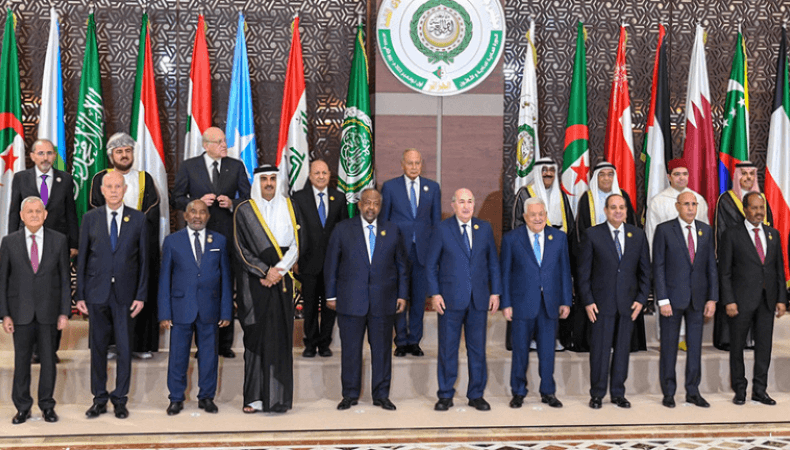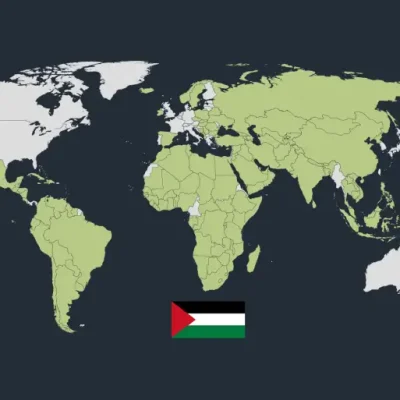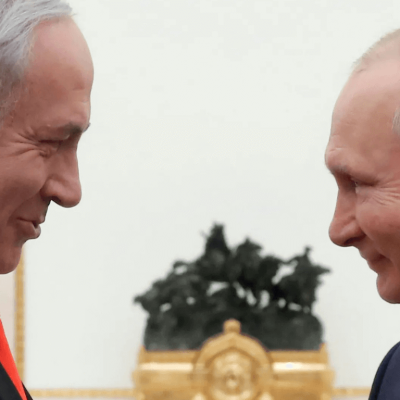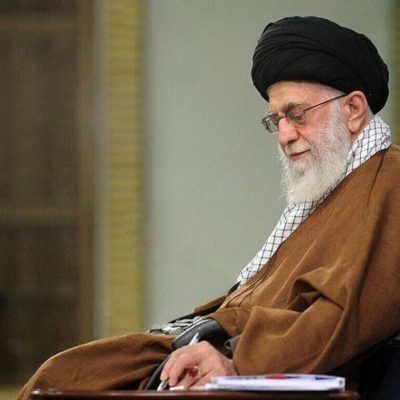Is it time to revive the Arab Peace Initiative?

The Arab Peace Initiative, proposed by the Arab League in 2002, remains a significant proposal for resolving the Israeli-Palestinian conflict. Despite its initial rejection by Israel, the recent events in Gaza and the ongoing cycle of violence underscore the need for a serious political process. Could reviving the Arab Peace Initiative be a viable solution, or is it too late for it to play a meaningful role in ending the conflict?
Understanding the Arab Peace Initiative
The initiative, adopted at the Arab League’s Beirut summit 22 years ago, presented a compelling offer. In exchange for Israel’s withdrawal from all the Arab land occupied in 1967, the Arab world pledged collective peace treaties, security guarantees, and an agreed solution to the refugee problem. The endgame included committing to ending the conflict definitively, relinquishing claims to pre-1948 Palestine.
However, Israel, under Prime Minister Ariel Sharon, largely dismissed the initiative, and the U.S. provided minimal support, occupied with preparations for the Iraq war.
A Stalled Initiative: Past and Present
After the Arab uprisings of 2010-2011 and changes in leadership, the initiative faced a natural decline. Despite this, no Arab country has officially withdrawn its support for the proposal. It lingers as the official policy of every Arab nation, including those that have signed peace agreements with Israel.
The recent events in Gaza highlight that addressing the root cause, the Israeli occupation, is crucial for ending the cycle of violence. Merely focusing on post-war governance in Gaza without a broader solution would be futile.
Defining the Endgame
Past attempts to resolve the conflict stumbled because they lacked a well-defined endgame. The Arab Peace Initiative, in contrast, clearly defines the endgame but lacks a specified process for implementation. If the international community is earnest about achieving a resolution within a set timeframe, the initiative can play a pivotal role as part of a comprehensive package involving all stakeholders.
Keep Reading
Challenges and Opportunities
Reviving the initiative requires concerted efforts. A successful peace process demands a U.S. administration willing to lead, an Israeli government openly committed to ending the occupation, and a reformed Palestinian Authority capable of representing its people. Additionally, it necessitates renewed commitment from the Arab world, with a leader willing to spearhead the initiative.
While the challenges are formidable, the alternative is a growing risk of Israeli apartheid, with demographic shifts favoring a Palestinian majority in areas under Israel’s control. It’s imperative for the international community to move beyond rhetorical support for a two-state solution and commit to a concrete plan.
Reviving the Arab Peace Initiative is undoubtedly a monumental task. However, the international community must abandon the illusion of progress without a serious implementation plan. The initiative, if revitalized, could break the current dormancy and offer a path towards a sustainable resolution.
In conclusion, the Arab Peace Initiative, with its well-defined endgame, stands as a potential catalyst for lasting peace. Its revival requires a collective commitment to address the core issues and move beyond the impasse that has persisted for too long.






